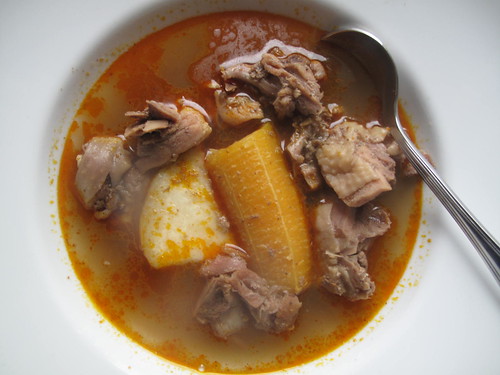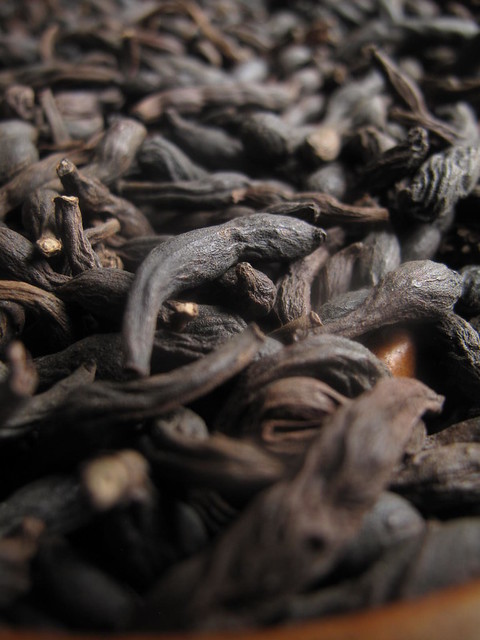Nutritional facts and health benefits of Soursop
Soursop has many health benefits. Soursop has so many nutrients, including carbohydrates, fructose, various vitamins and ascorbic acid. Sour-sweet taste of soursop fruit makes it a favorite for a variety of juices and beverages.

